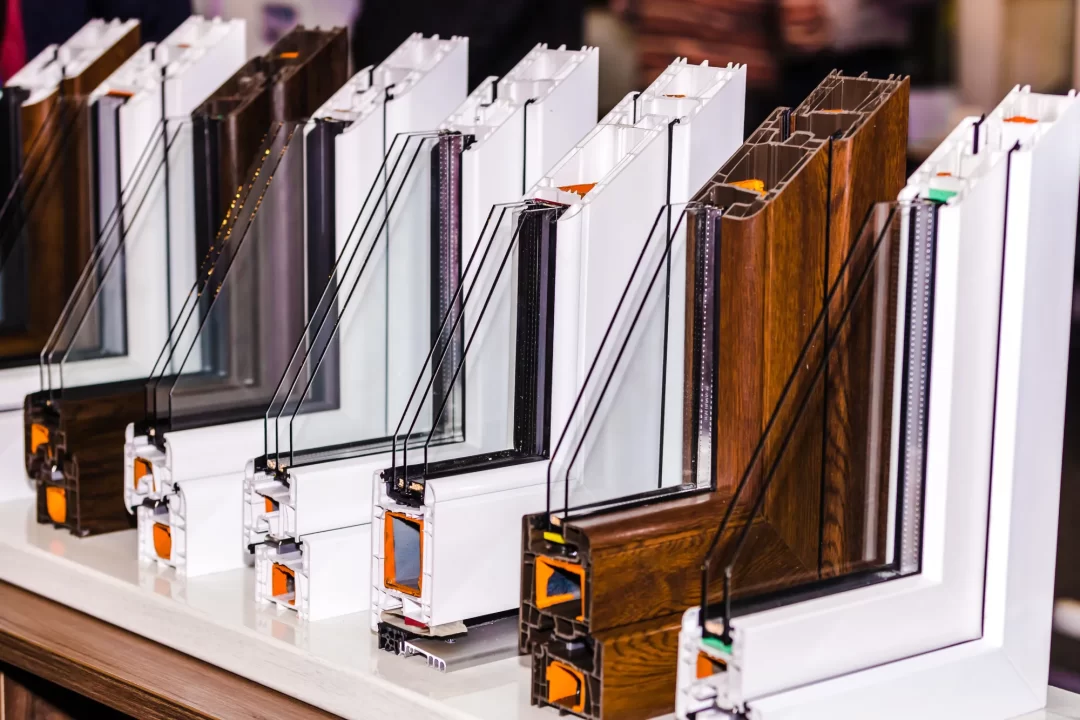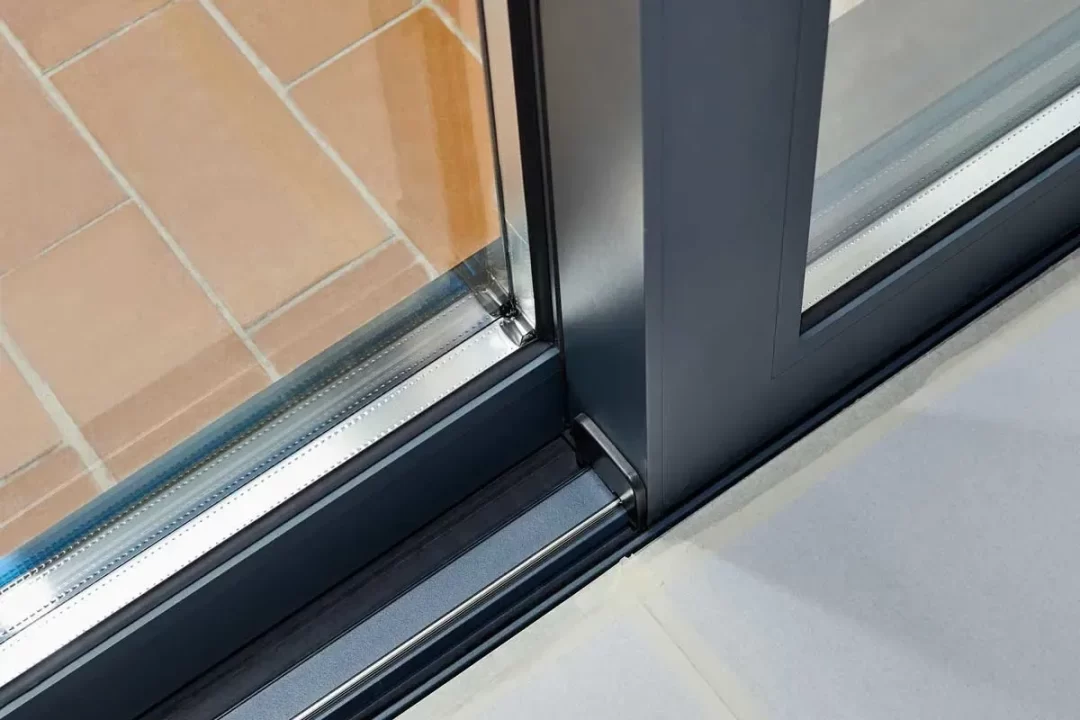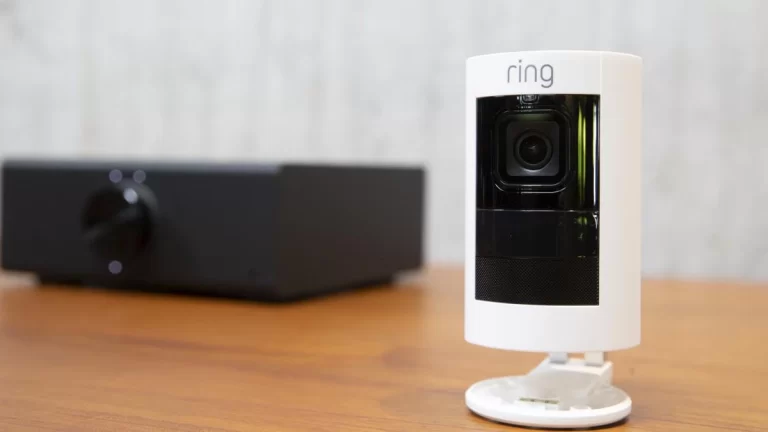What is the Differences Between Glass and Insulated Glass?
What is the difference between glass and insulated glasses? Glass is a ubiquitous material that we encounter in our daily lives, from windows to glassware. However, there’s another variation known as insulated glasses that’s gaining popularity.
Glass and insulated glasses serve essential functions in modern construction and design, but they aren’t interchangeable.
To make informed choices for your projects or home improvements, it’s crucial to understand the disparities between them. Let’s embark on this journey of discovery.
In this comprehensive guide, we’ll delve into the distinctions between glass and insulated glasses, shedding light on their unique properties, advantages, and applications.

What is the Difference Between Glass and Insulated Glass?
Glass and insulated glasses may seem similar at first glance, but they possess distinct characteristics. To grasp the disparity fully, let’s break it down:
Glass
Glass, in its simplest form, is a transparent material primarily composed of silica. It’s renowned for its clarity, allowing light to pass through effortlessly. Here are some key features of traditional glass:
1. Single Pane: Traditional glass typically consists of a single pane, making it a single layer of protection against the elements.
2. Conductivity: Glass is a conductor of heat and cold, meaning it can lead to energy loss in buildings.
3. Sound Insulation: While it provides some sound insulation, it isn’t as effective as insulated glasses.
4. Applications: Traditional glass is suitable for various applications, from windows to glass tabletops.
Insulated Glass
Insulated glasses, on the other hand, is a more advanced option designed to address some of the limitations of traditional glass. Here’s what sets it apart:
1. Multiple Panes: Insulated glasses consist of two or more panes separated by a space filled with an insulating gas, such as argon or krypton.
2. Enhanced Insulation: The multiple panes and insulating gas create a barrier that reduces heat transfer, making it energy-efficient.
3. Soundproofing: Insulated glasses excel at sound insulation, making it ideal for areas with high noise levels.
4. Applications: It’s commonly used in windows and doors to improve energy efficiency and comfort.
Advantages of Insulated Glass
Now that we’ve highlighted the disparities, let’s explore the benefits of choosing insulated glass over traditional glass:
1. Energy Efficiency: Insulated glasses helps maintain indoor temperatures, reducing the need for heating and cooling, which can lead to lower energy bills.
2. Noise Reduction: Its superior soundproofing capabilities create a quieter and more peaceful indoor environment.
3. Reduced Condensation: Insulated glass minimizes condensation on windows, preventing moisture-related issues like mold and mildew.
4. Enhanced Comfort: With improved insulation, you’ll experience greater comfort year-round.
5. Environmental Benefits: By conserving energy, insulated glass contributes to a greener planet.
Frequently Asked Questions (FAQs)

Let’s address some common questions regarding glass and insulated glass:
Q: Is insulated glass more expensive than traditional glass?
Insulated glasses can be slightly more expensive due to its energy-efficient properties, but the long-term savings on energy bills often outweigh the initial cost.
Also, it’s possible to retrofit existing windows with insulated glass for improved energy efficiency and comfort.
Q: Are there different types of insulated glass?
Yes, there are various types, including low-E coated insulated glasses and gas-filled insulated glass, each offering unique benefits.
Cleaning and maintenance are similar to traditional glass, but the improved insulation properties can reduce the need for frequent cleaning.
Q: Can insulated glass be used in extreme climates?
Absolutely. Insulated glasses is particularly effective in extreme climates, as they help regulate indoor temperatures.
With proper care, insulated glasses can last for several decades, making it a durable and cost-effective choice.
Conclusion
In summary, understanding the difference between glass and insulated glass empowers you to make informed decisions when it comes to construction, renovation, or home improvement projects.
While traditional glass has its merits, insulated glasses offer enhanced energy efficiency, soundproofing, and overall comfort.
By choosing the right option for your needs, you can create a more comfortable and sustainable living or working space.
READ ALSO!!!




